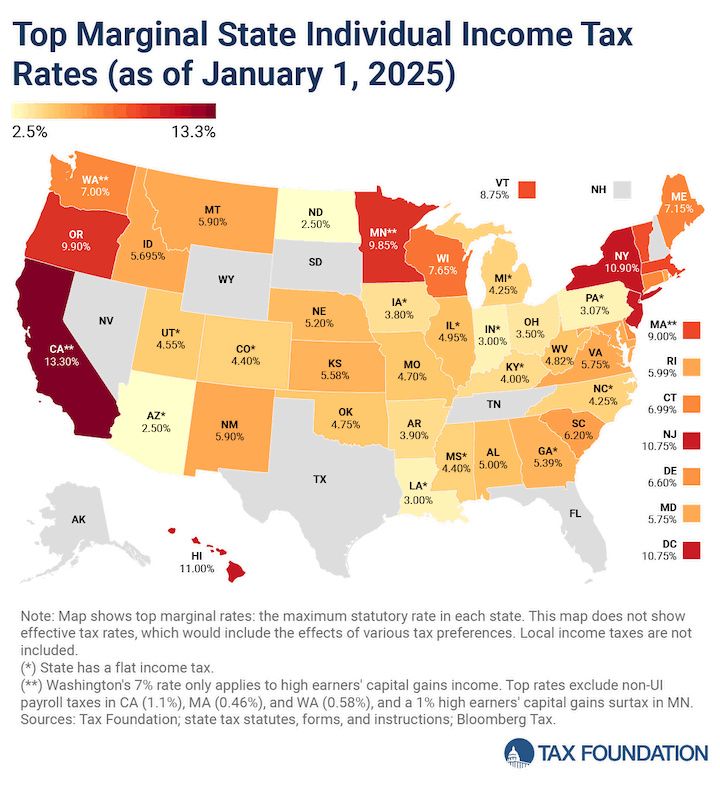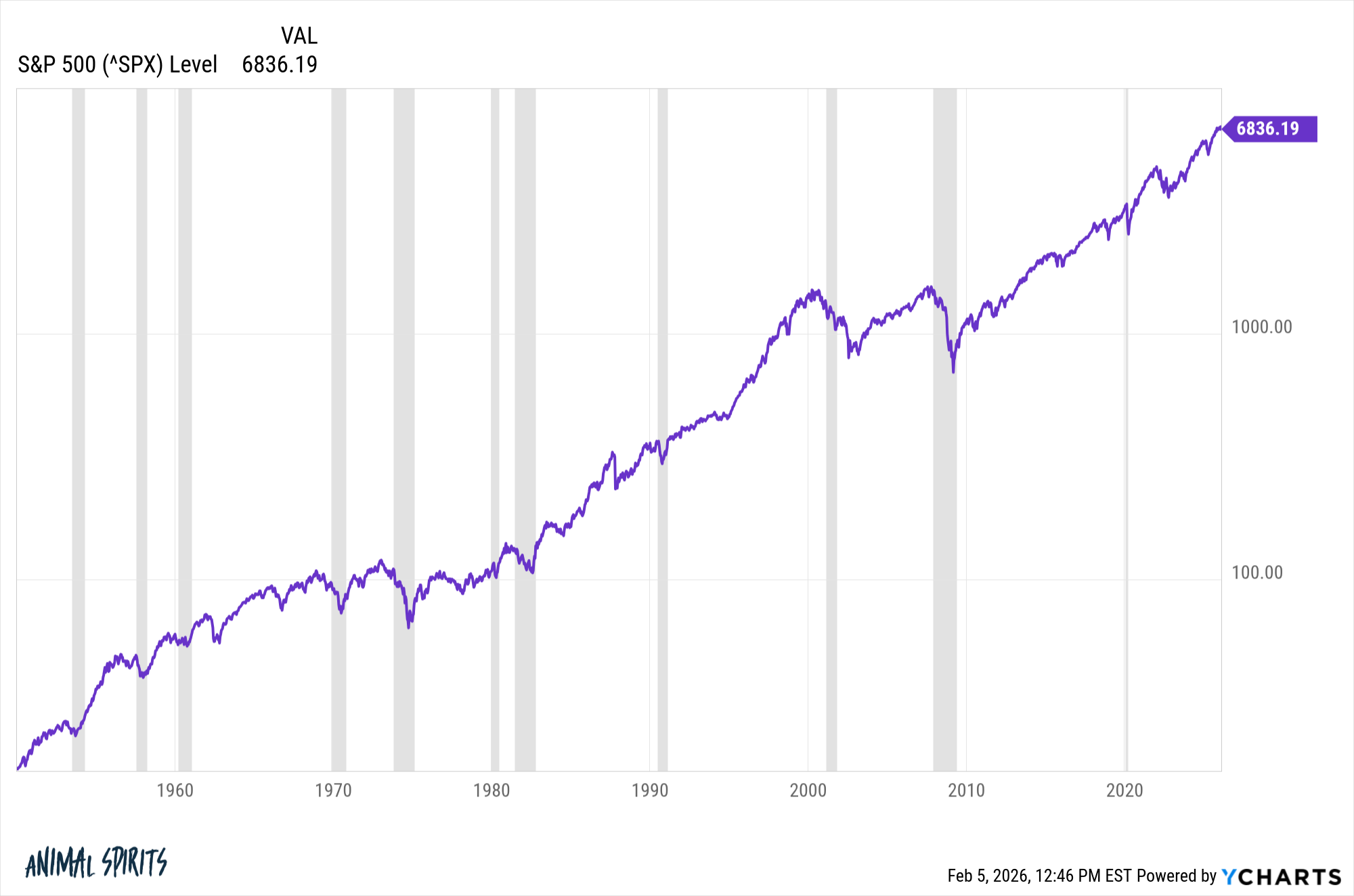- The UK Sustainability Reporting Standards (UK SRS) will be introduced in 2026.
- Though it’s aimed at larger firms, SMEs will have reporting responsibilities if they supply to these larger firms.
- By preparing early you can position yourself as a preferred supplier.
The UK Sustainability Reporting Standards (UK SRS) could be introduced as early as January 2026 and will reshape how companies disclose climate and sustainability-related information.
While the initial focus will be on large, ‘economically significant’ entities, small and medium-sized enterprises (SMEs) should not assume they’re out of scope. In fact, the ripple effects of UK SRS will be felt across the supply chain. SMEs that prepare early will be better positioned to reduce risk, attract investment, secure finance and win new work.
Why UK SRS matters to SMEs
These standards are designed to provide investors and lenders with consistent, decision-useful information. For SMEs, this means that larger customers, banks and insurers will increasingly expect sustainability data from their suppliers and partners.
‘Economically significant’ organisations will be expected to make several disclosures in their financial statements, including their Scope 3 emissions, which include the emissions generated by their suppliers (purchased goods and services), and disclosures on climate risks associated with their supply chain.
SMEs are often embedded in the supply chains of larger companies.
As those companies begin reporting under UK SRS, they’ll need data from their suppliers to meet Scope 3 emissions requirements and demonstrate climate resilience. SMEs that can provide credible, consistent data will be seen as lower-risk partners, which is increasingly unlocking preferential terms, longer contracts, and even reduced insurance premiums.
What larger organisations will expect from SMEs
To meet their own reporting obligations, larger companies will request specific climate-related information from SMEs in their supply chain. This may include:
- Carbon emissions data
- Climate-related risks and opportunities relevant to the SME’s operations
- Evidence of governance and strategy around sustainability
- Activity data such as energy use, transport distances, and waste volumes in relation to a specific product you are supplying a customer
- Progress against any climate-related targets or initiatives
These requests will become more frequent and more detailed over time, especially as larger organisations reassess their supply chain disclosures in response to regulatory changes or climate events.
Over a relatively short period of time, the hope is that SMEs will begin receiving more structured and consistent requests for sustainability information. This would replace the current haphazard approach, where requests vary from business to business and create an administrative nightmare.
Strategic benefits for early movers
SMEs that act early stand to gain more than just compliance.
By aligning with UK SRS, they can position themselves as preferred suppliers to larger organisations, especially those under pressure to report Scope 3 emissions. This opens the door to winning new contracts and securing longer-term relationships.
This is supported by the Willow Review, an independent government backed review that reviewed case studies of SMEs already embedding sustainability in their strategies. It revealed that 52 per cent of SMEs said they had attracted new customers due to their sustainability commitments.
Sustainability credentials also make SMEs more attractive to banks, investors, and insurers, potentially unlocking better financing terms and lower premiums. Internally, companies that show leadership on climate and ESG issues are more likely to attract and retain skilled talent, particularly among younger professionals who value purpose-driven employers.
Operational improvements such as energy efficiency, waste reduction, and better resource management can lead to real cost savings.
In fact, 67 per cent of the SMEs in the Willow Review reported reduced operational costs. As competitors hesitate or fall behind, proactive SMEs may find themselves picking up work and market share.
In short, sustainability readiness is becoming a strategic advantage across finance, growth, recruitment, and resilience.
What SMEs should do now
- Assess climate risks
Understand how climate-related events such as extreme weather, regulation, or market shifts could impact your operations, supply chain or costs. - Calculate carbon emissions
Start measuring your carbon emissions and prepare to engage with Scope 3 data requests from customers and funders.
- Build basic governance and strategy
Assign responsibility to a senior leader and own it from the top. Make sure it is discussed in leadership meetings, set measurable goals, and document how sustainability factors into decisions.
- Engage with customers and funders
Ask what data they need and more importantly what they are going to need in the near future. Then you can align your goals.
- Keep it proportionate
You don’t need to match the depth of listed and large companies, but you do need to contribute meaningfully.SMEs benefit from not having to comply with this legislation imminently, albeit likely will have to in several years. Make the most of this time and create a staged approach over several years to proportionately grow your climate strategy.
A strategic opportunity
UK SRS is not just a compliance exercise. It’s a signal that sustainability is becoming central to business strategy, risk management and financial performance. SMEs that embrace this shift early will be better placed to grow, compete, and thrive in a low-carbon economy.
Dan Firmager is an ESG Adviser at the accountants and business advisers Kreston Reeves.
Read more
Where to find green small business grants – If you fancy making your business and its operations that bit greener, these eco grants will help you get there
Disclaimer: This story is auto-aggregated by a computer program and has not been created or edited by finopulse.
Publisher: Source link








